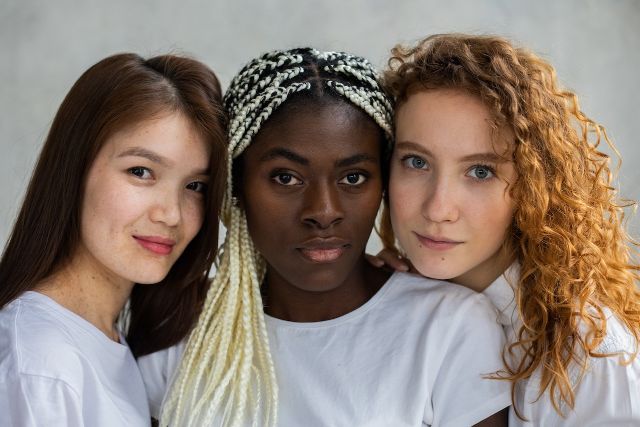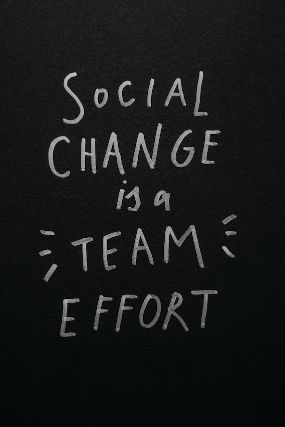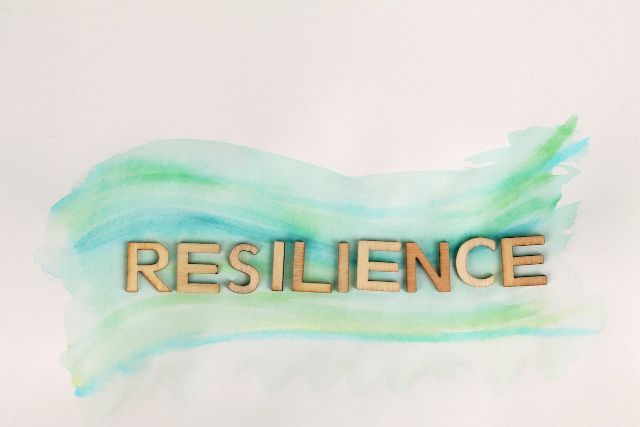
Understanding the Impact of Identity on Well-being.
A complex and diverse component of human well-being, mental health can be affected by a number of variables. The intersectionality of mental health, which takes into account how many parts of an individual’s identity, such as race, gender, and sexual orientation, intersect and have an affect on their mental well-being, is an important consideration that is sometimes disregarded. We will discuss the intersectionality of mental health in this blog post, emphasizing the injustices experienced by underrepresented groups and the value of inclusive approaches to mental healthcare( Intersectionality and Mental Health)
Mental Health Disparities in Marginalized Communities.
Marginalized communities, including racial and ethnic minorities, LGBTQ+ individuals, and women, often face significant disparities in mental health outcomes. These disparities can be attributed to a range of factors, including systemic discrimination, social inequality, and limited access to mental healthcare. Research has consistently shown that individuals from marginalized communities experience higher rates of mental health disorders, increased stigma, and decreased help-seeking behavior. Addressing these disparities requires an understanding of the unique challenges faced by different marginalized groups.

Racism and Mental Health.
Mental health is significantly impacted by racism and its many manifestations, including structural racism, racial microaggressions, and racial trauma. Because of racial prejudice and the ongoing stress of surviving in an unequal society, people of color frequently suffer from higher levels of psychological distress, anxiety, depression, and post-traumatic stress disorder (PTSD). To meet the special requirements of people from racially diverse backgrounds, mental healthcare must be culturally sensitive and anti-racist.
Gender and Mental Health.
There is a close connection between gender identity and mental health. Women, transgender people, and non-binary people frequently struggle with unique mental health issues, such as greater rates of anxiety, depression, eating disorders, and self-harm. These inequities are a result of societal pressures, gender-based violence, and unequal power dynamics. Recognizing and addressing these unique issues while fostering empowerment, self-acceptance, and accessibility to support networks are all part of a gender-inclusive approach to mental healthcare.https://themindclan.com/blog/what-does-intersectionality-mean-mental-health/

Sexuality and Mental Health.
Mental health outcomes are significantly influenced by sexual orientation. Due mostly to discrimination, internalized homophobia, and societal stigma, LGBTQ+ people have higher incidence of mental health issues such depression, anxiety, and drug misuse. To improve mental health outcomes in this community, it is crucial to provide welcoming environments for LGBTQ+ people, offer culturally competent care, and advocate for LGBTQ+ rights.https://www.betterhelp.com/advice/inclusive-mental-health/intersectionality-and-mental-health-using-an-intersectional-lens/
Inclusive Approaches to Mental Healthcare.
In order to effectively address the intersectionality of mental health, institutions and mental healthcare practitioners must embrace inclusive strategies. This calls for cultural awareness, intersectional perspectives to be incorporated into research, therapy, and policy formation, and cultural competency. Prioritizing equal access to mental healthcare services is essential, as are de-stigmatizing mental health discussions and fostering collaborations with local nonprofits in order to develop comprehensive and specialized support systems.

Conclusion.
Promoting holistic well-being and fair access to mental healthcare requires an understanding of the intersectionality of mental health. We may fight to remove institutional obstacles, lessen disparities, and promote a more inclusive and compassionate society by acknowledging the special difficulties experienced by people who live at the intersections of race, gender, and sexuality. We can build a future where mental health care is available and affirming for everyone, irrespective of their intersecting identities, via sustained research, education, and activism.https://www.namidanecounty.org/blog/2022/3/30/pgsrbl96qsbg05c2ma62img929smff#:~:text=These%20identity%20markers%20intersect%20with,age%2C%20religion%2C%20and%20more.



Pingback: Empowering Future Generations. - Purebliss mentalcare.org